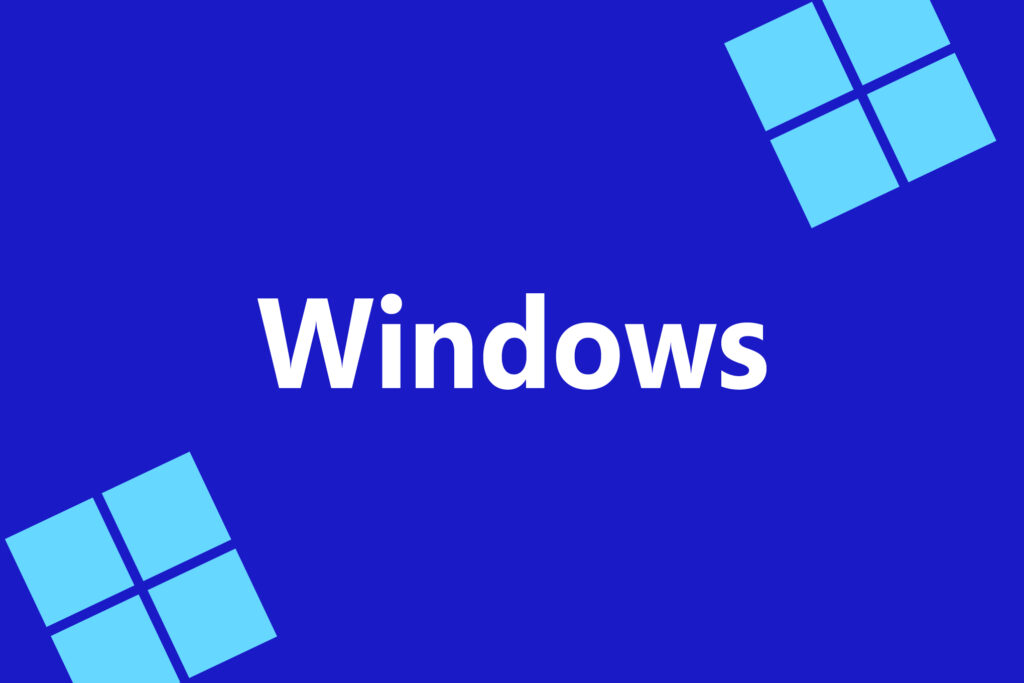
Windows 10 end of support is approaching in less than three weeks, and Microsoft has now been forced to make its extended security updates truly free, without a catch, in certain markets in Europe. When Windows 10 goes end of support on October 14th, some European customers will no longer be required to turn on Windows Backup to enroll into its Extended Security Updates (ESU).
Microsoft had wanted everyone to turn on Windows Backup to get the extra year of security updates, but thanks to pressure from the Euroconsumers group this is now changing in the European Economic Area. The consumer advocacy group has been asking Microsoft to do more for those still running Windows 10 across Europe, and it has successfully convinced the software giant to offer the extended security updates free without the requirement of enabling Windows Backup.
Windows Backup uses OneDrive, which could lead consumers to go above the 5GB of free storage by having to back up documents and settings. It’s a catch that benefits Microsoft, as it can then sell Windows 10 users additional OneDrive storage space.
“We are pleased to learn that Microsoft will provide a no-cost Extended Security Updates (ESU) option for Windows 10 consumer users in the European Economic Area (EEA),” says the Euroconsumers group in a letter this week. “We are also glad this option will not require users to back up settings, apps, or credentials, or use Microsoft Rewards.”
An unnamed Microsoft spokesperson confirmed the changes to Windows Central, noting that it’s “making updates to the enrollment process to ensure it meets local expectations and delivers a secure, streamlined experience.” These changes are only being made in the European Economic Area though, so everywhere else will still need to either enable Windows Backup or pay $30 for the year or redeem 1,000 Microsoft Reward points.
Consumers will still only get extended security updates for Windows 10 until October 13th, 2026, but businesses have the option to purchase up to three years of important security updates. Euroconsumers is also trying to convince Microsoft to extend its security updates beyond a year for consumers, to avoid leaving devices “exposed to risk” next year.




It’s interesting to see how Microsoft is adapting to the situation with Windows 10 in Europe. Offering free extended security updates certainly seems like a positive move for users facing the end of support. It will be intriguing to see how this impacts the overall experience for Windows 10 users in the region.
It’s definitely a significant move by Microsoft to offer free extended security updates in Europe. This could set a precedent for how tech companies handle end-of-support situations in the future, especially considering the growing emphasis on cybersecurity. It will be interesting to see if other regions follow suit.
Absolutely, it’s a noteworthy change that could set a precedent for how tech companies approach support in the future. Offering free updates may help users transition more smoothly, especially those who might struggle with upgrading to newer systems. It will be interesting to see how this impacts their reputation in the long run.
You’re right, it could definitely influence other tech companies to reconsider their support policies. It’s interesting to see how consumer demand and regulatory pressures are shaping these decisions. This move might also encourage more users to stay on Windows 10 rather than feeling rushed to upgrade.
Absolutely, it’s interesting to see how this move might set a precedent for other companies. Extended support options could become more common as a way to maintain user trust and satisfaction. It’ll be intriguing to watch how this impacts future software updates across the industry.
You’re right! This could indeed encourage other tech companies to reconsider their update policies, especially in regions with similar regulations. It will be interesting to see if this trend leads to more consumer-friendly practices in the industry overall.
Absolutely! It’s interesting to see how this decision might set a precedent for consumer rights in the tech industry. Other companies could feel pressured to provide more support for older software, which could benefit users significantly.
You make a great point about consumer rights! It will be fascinating to see if this move encourages other tech companies to reconsider their support policies in regions where user demands are strong.
more companies to prioritize customer needs in their software offers. Additionally, it might set a precedent for how tech companies handle support in the future, particularly in regions with strong consumer protection laws. It’ll be interesting to watch how this unfolds!
That’s a great point! This situation could indeed push other tech companies to rethink their support policies as well. It will be interesting to see how this impacts software updates and user satisfaction across the board in the coming months.
Absolutely, it’s interesting to see how Microsoft’s decision might set a precedent for how tech companies handle end-of-life software support. It could encourage more transparency and better options for users in the future, especially as software becomes increasingly integral to our daily lives.
You’re right, it could definitely influence other companies to reconsider their support policies. It’s also worth noting that this move might encourage users to stay on Windows 10 longer, potentially impacting the adoption rate of newer versions.